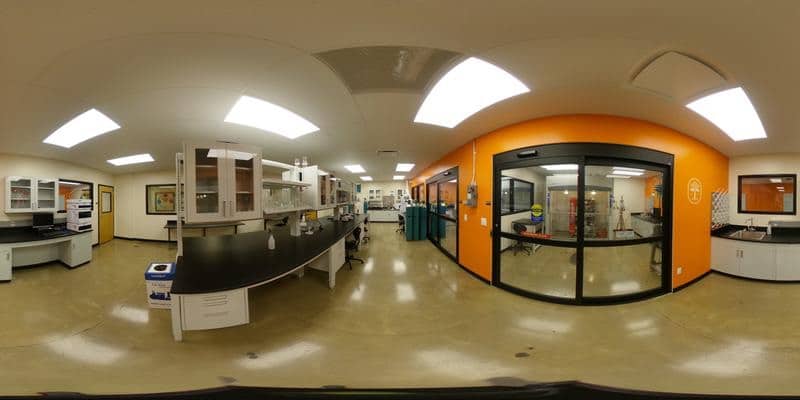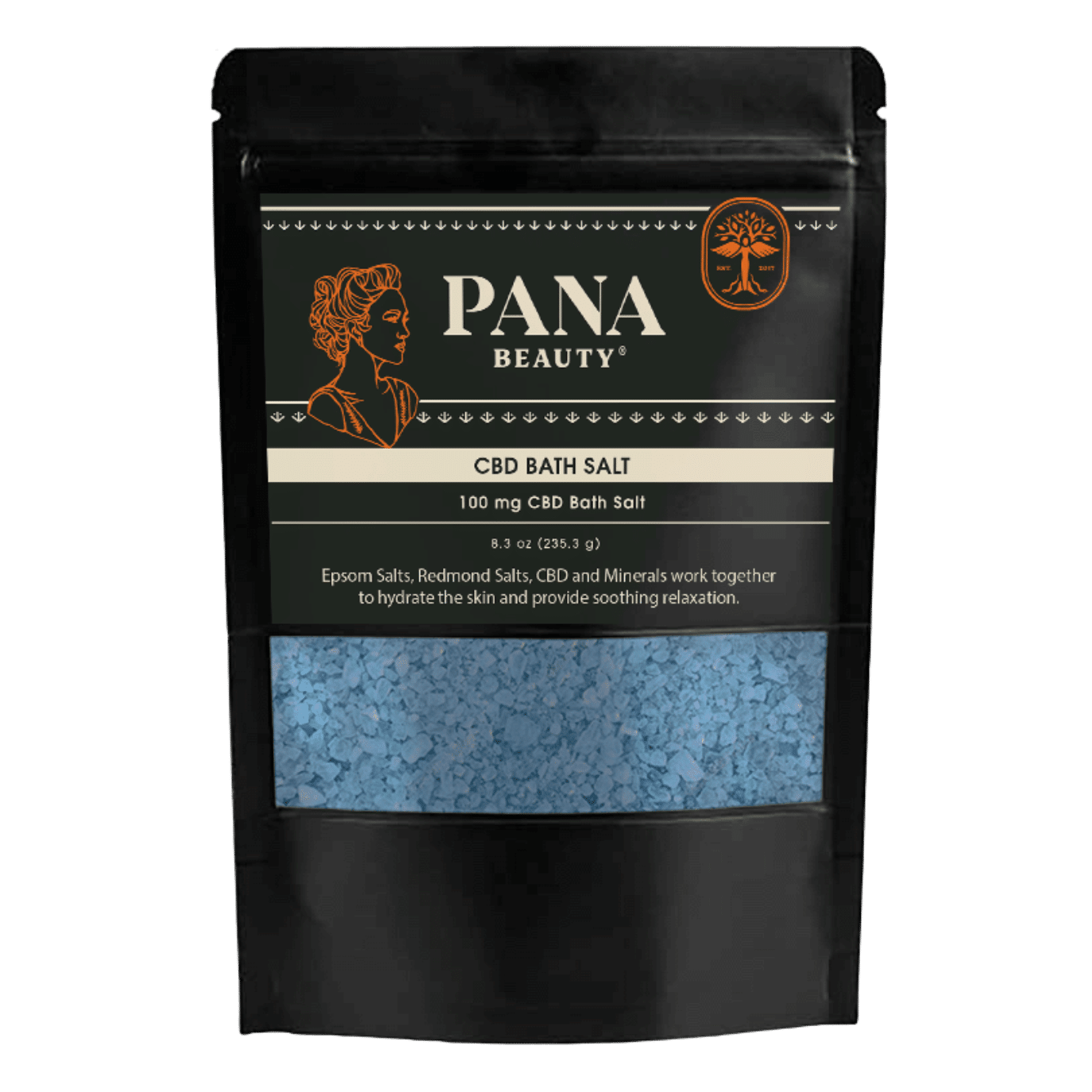To put it bluntly, times are weird.
The COVID-19 pandemic has changed so much about how we navigate our daily lives. From our work and schooling, to our home and hobbies, to our relationships and, well…reality. But one specific aspect of life that has transformed monumentally, in ways we may have never imagined, is how we define and maintain safety. We are all familiar by now with the terms that have come with the pandemic. That is, social distancing, hand sanitizing, and working from home.
But take a moment and open up preferred social media platform. Check the front door of your local grocery or pharmacy. Call up a friend and ask. You will find one focus in particular overshadowing all COVID-19 responses and safety measures: mask wearing. It is required, it is crucial, and, for the sake of covering all of our bases, it is become a bit controversial.
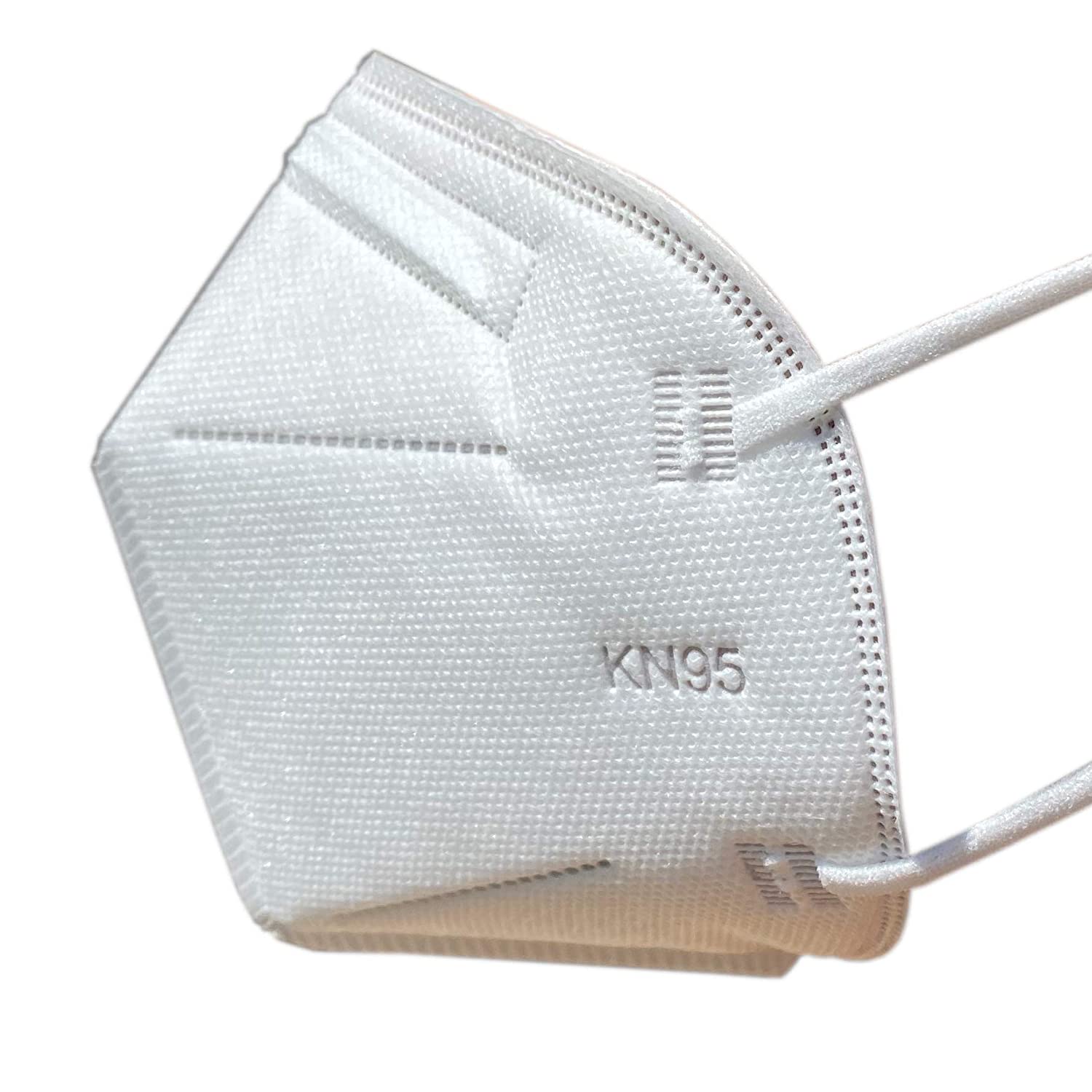
We are not here to discuss controversy, though. We are here to discuss information that is both relevant and reliable. To be more specific, we are here to discuss the differences between the KN95 mask and the N95 mask, and whether or not this difference truly matters when it comes to your safety. As with all of our articles at Panacea Life Sciences, our research is properly sourced and cited so that our readers know without uncertainty that the information they are consuming is information they can trust. That being said, we at Panacea Life Sciences have another standard we abide by: always letting readers know that it is also important to speak with a medical professional when making any decisions regarding their health and wellbeing.
A Quick Overview of Masks
Masks are shown to prevent the spread of COVID-19, especially when used in conjunction with other preventative measures, like social distancing, sterilizing the environment, and thorough handwashing. The World Health Organization (WHO) and the U.S. Center for Disease Control and Prevention (CDC) both include face masks among their recommended measures to use in preventing the spread of the virus. Before we get into the details comparing and contrasting KN95 and N95 masks, let’s look at some information on the different kinds of masks currently being recommended and used.
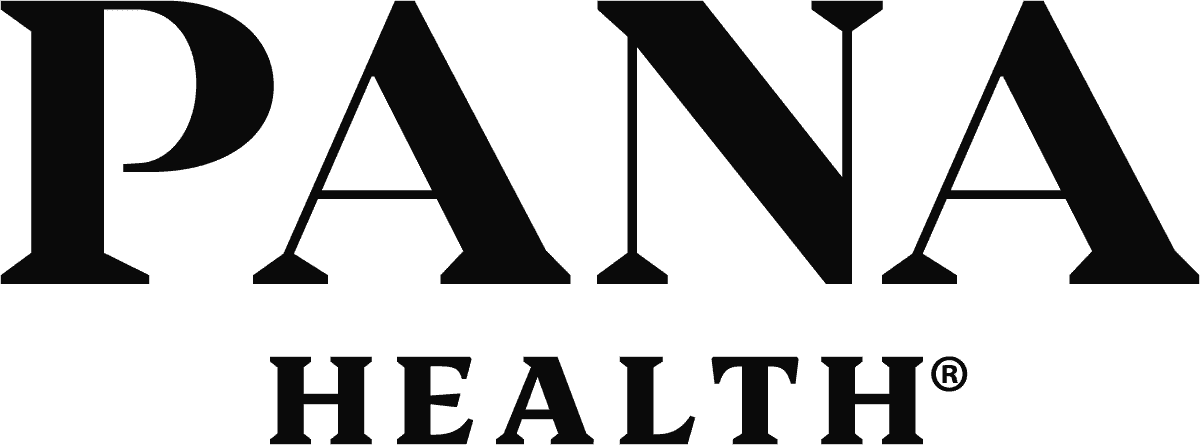
-
Sale!
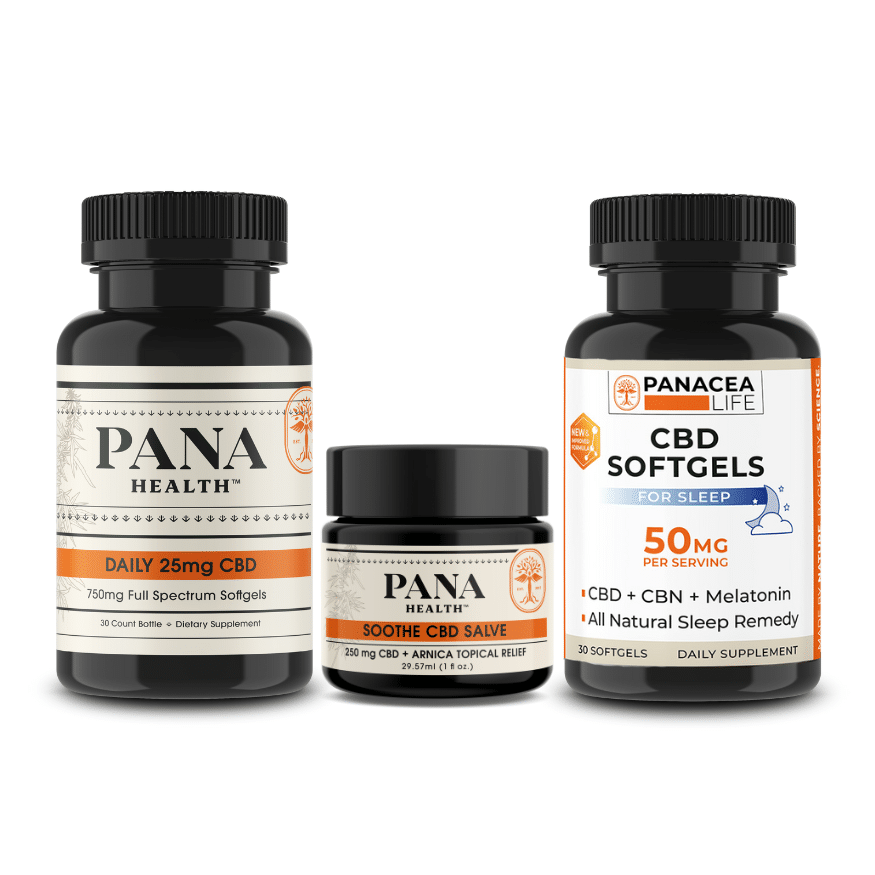
CBD Everyday Wellness Bundle
Bundle Price: $50.14 Add to cart -
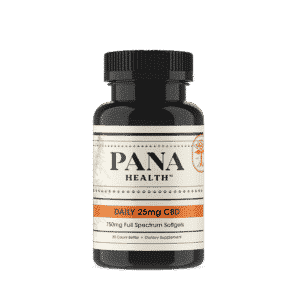
DAILY Full Spectrum CBD Softgels
From: $23.95 Select options This product has multiple variants. The options may be chosen on the product page -
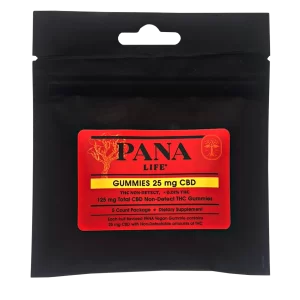
THC-Free CBD Gummies TO-GO Pack
$6.95 Add to cart
Cloth Masks
The CDC recommends cloth masks to the public, largely because they are most accessible to the everyday person who does not have masks that meet more stringent demands (such as surgical and KN95/N95 masks) at hand. Cloth masks are made of fabric and essentially blocks and traps saliva or respiratory secretions (generally called droplets) expelled from the body when someone speaks, coughs, sneezes, so on and so forth. They are most effective when used widely by people in public or social settings.
Surgical Masks
A surgical mask, otherwise referred to as a medical mask, are loose-fitting masks that also prevents droplets expelled from the wearer from contacting others. What kicks it up a notch is that it also filters out large particles in the air, thus providing a sort of armor for the wearer, which protects them from being exposed to droplets expelled from others around them. Essentially, the wearer’s mouth and nose are prevented from possibly expelling the virus to others, and also protected against being contacted by possible infected droplets. A risk with surgical masks, however, is that leakage can occur around the edges of the mask when the wearer inhales.
KN95 and N95 Masks
The stars of this article, the KN95 and N95 masks, are unique in that they also act as respirators. While the surgical masks are loose-fitting and can filter out large particles, the Kn95 and N95 masks are tight-fitting and can filter out both large and small particles, thus making them more protective against the virus. As well, there is minimal leakage around the edges of these masks as a result of their tight-fit and design, so long as they are worn properly. Some of these masks include a one-way valve intended to ease the wearer’s ability to breathe through the mask. However, this renders the mask ineffective in preventing the wearer from spreading the virus to others, which is why some places have banned those that include such valves.
The Differences
The major difference between the two lies in where they are certified. Basically, the KN95 mask is China’s version of the U.S.’s N95 mask. They are both a standard for requirements the mask must meet in order to be certified and labeled as the top-notch mask that is the KN95 and N95 mask.
The KN95 standard includes a “fit test,” which basically measures how well the mask fits the face and is able to filter air once and ensure there is less than 8% leakage once on the wearer’s face, while the N95 mask does not require manufacturers to run a fit test. That is not to say that the U.S. does not utilize fit tests—many hospitals and companies do. However, it is simply not a part of the N95 standard to begin with.
Another difference is that the N95 has slightly stricter requirements for breathability while inhaling and exhaling, and therefore may be slightly easier to breathe in and out through.
The Similarities
The most obvious similarity, and what essentially makes these masks can be found right within their names. Both masks are designed to block 95% of super, super small particles (less than 0.3 microns, to be exact) from penetrating through the mask. This basically means that both masks do a really good job of helping prevent the spread of a virus.
The Takeaway
Masks are a crucial safety measure, and while many countries have their own near-equivalent to the U.S.’s N95, such as Europe’s FFP2, Australia’s P2 and Korea’s KMOEL, China’s KN95 is the most similar to ours. In fact, the mask manufacturer M3 asserts that it is reasonable to go a step further than “similar” and label the KN95 as “equivalent” to the U.S. N95. Moreover, more and more companies have suggested KN95 masks as alternatives, given the shortages of N95 masks. Panacea Life Sciences is among those companies! So if you are looking for a mask you can count on, head to our website to can get your very own KN95 mask!

